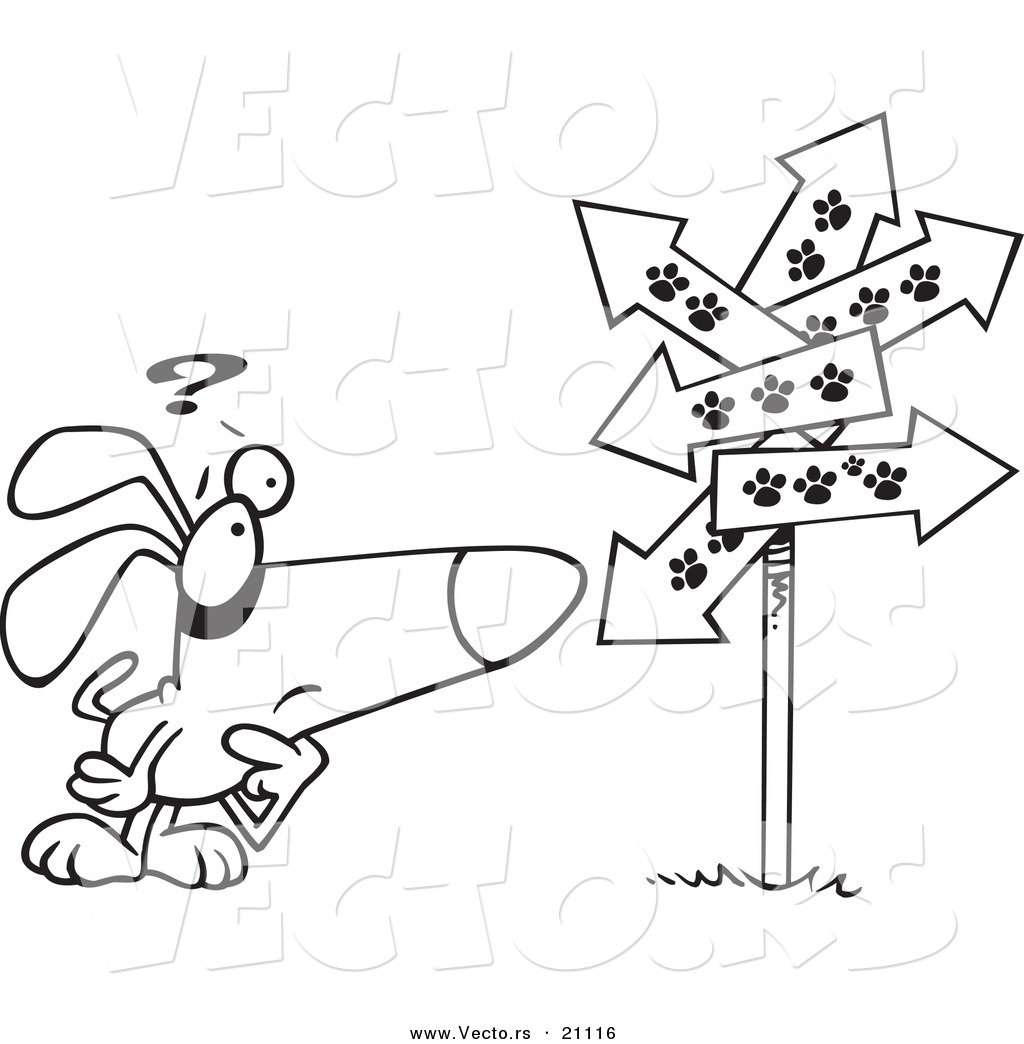Information literacy is the ability to recognize needed information and how to use this information successfully. This means two different things for teachers and students. Teachers have to find and research the online sources they use in their classes in order to be able to properely teache their class. This is less serious for students because the only real risk the student risks is their grade, and the problem of looking unintelectual saying abraham lincon was a vampire slayer. However the sollution for these problems are the same Information and communication technology literacy. Basically everyone needs to realize that not all information is accurate and trustworthy and like our class assignment has taught me I am very stubborn and don't believe I can ever trust the internet again thank you goodnight. :)
Tech tool: LibriVox
LibriVox is a helpfull tool especially in todays education system. Students are reading less and less and its not just the special needs students who are falling behind, all students need assisted help when it comes to reading. LibriVox provides that little boost of assistance wether its listening and learning how to follow along and enunciate correctly, or its the access to all the multiple languages.
Just imagine the possibilites. Studies have shown that students who know more than one language perform better on tests, and have a higher possibility of going to college. I don't necessarily believe it but hey when the numbers work lets go with them...So as a few examples a teacher can really have a brain teaser with their students by showing them a paper written in american english and one written in great britain english and see how many times a student says its the same thing just one says He and the other says thee. Humor aside I can see a few uses and benefits for LibriVox and for it to be such a helpfull tool with 13 languages at a click of a mouse for free is really amazing. Seeing as how in order to get the same deal you have to pay Rosetta Stone $50 to learn how to say hi in another language a task easily performed by google tranlsator unless you try to speack chinese other than manderin.
Summary: Overall this chapter warns of the right and wrong way to gain information from off the web. It explains how there are three different types of search engine search tools:
Free Text: Free text search is bassically like your search engine looking at you and saying bro I
have no idea what your looking for. It is actually a handy utensil that is a great start for anyone starting research, because it will search everything and anything looking for what could possibly have a word related to your search.
Keyword: A keyword search is like asking your teacher or professor for help. You already know the
Question you are asking about and your teacher
 is more than willing to assist you with specific
is more than willing to assist you with specific answers.
Boolean Search: The last from of search I feel is like monkey logic search.
 The search engine basically needs you to tell it every little piece of information it will use and not use so hence forth like every programmer will be able to tell you it makes you question the paths you have chosen in life.
The search engine basically needs you to tell it every little piece of information it will use and not use so hence forth like every programmer will be able to tell you it makes you question the paths you have chosen in life.Reference:
Maloy, R., Woolf, B., & Edwards, S. (2011). Transforming Learning With New Technologies. Boston : Pearson Education, Inc.
(February 15 2013). LibriVox. Retrieved from LibriVox.com


Your sarcasm aside...the ability to detect required information and use it effectively and ethically (i.e., information literacy) is a crux of informative citizenship and creating an innovative society - thus, much more important than a grade for students! I wonder if critical thinking skills might not also be an impetus for teaching/learning information literacy.
ReplyDelete